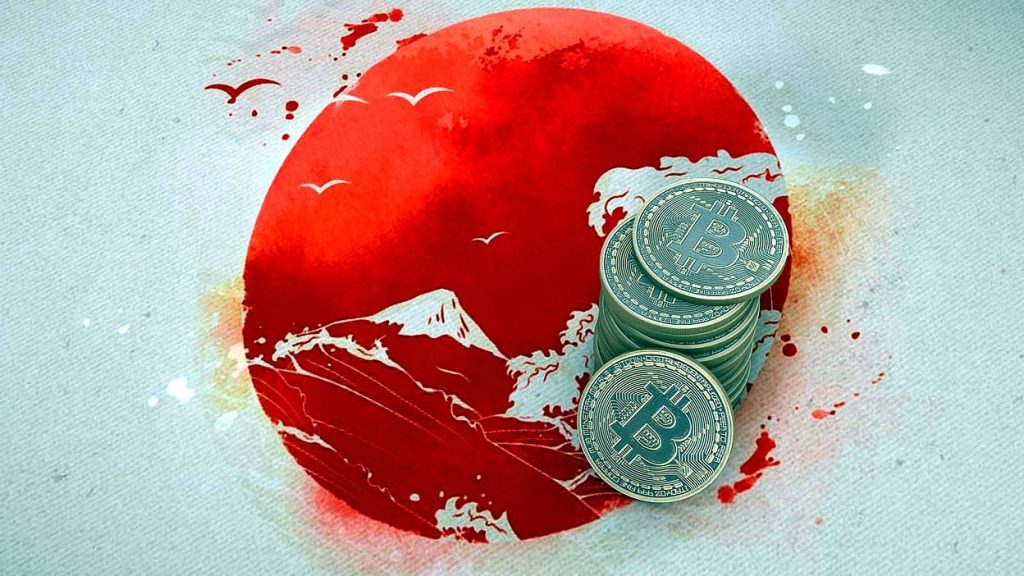Japan Rejects Bitcoin for National Reserves, While Private Sector Continues to Invest
26.12.2024 20:00 2 min. read Alexander Zdravkov
Japan’s government has decided against incorporating Bitcoin into its national reserves, citing its volatile nature and the fact that it falls outside the scope of traditional foreign exchange assets.
While the government maintains a cautious stance, private entities like Metaplanet are eagerly investing in Bitcoin, highlighting a stark contrast in how the public and private sectors view the cryptocurrency.
In a recent response to an inquiry about Bitcoin’s potential as a reserve asset, Japan’s government emphasized the importance of reserve stability, which Bitcoin’s unpredictability undermines. They noted that Bitcoin does not fit the framework for foreign exchange assets, a crucial part of Japan’s strategy.
The government also pointed out that discussions around Bitcoin reserves are still in early stages globally, making it difficult to form a concrete opinion on the matter.
On the flip side, private companies are capitalizing on Bitcoin’s growth potential. Metaplanet, a Japanese investment firm, mirrored U.S. company MicroStrategy’s approach by adding substantial amounts of Bitcoin to its holdings. Metaplanet’s investment strategy signals a strong belief in Bitcoin’s long-term value despite its volatile nature, highlighting a disconnect between private-sector optimism and government caution.
Globally, countries like Russia are already exploring Bitcoin’s use in international trade, using it to circumvent Western sanctions. This is part of a broader trend where Bitcoin is becoming more integrated into global financial systems, even as governments like Japan remain hesitant to embrace it as part of their official reserves.
-
1
Strategy’s Michael Saylor Says Bitcoin’s Volatility Era Is Over
13.06.2025 8:00 1 min. read -
2
Bitcoin Struggles as Selling Pressure Mounts Amid Geopolitical Turmoil
13.06.2025 15:00 2 min. read -
3
Quantum Computing Won’t Kill Bitcoin, Says Michael Saylor
10.06.2025 12:00 1 min. read -
4
Bitcoin on the Edge: Why One Veteran Trader Sees a 75% Plunge
11.06.2025 13:00 1 min. read -
5
Why Michael Saylor Bet on Bitcoin During the COVID Cash Crisis
12.06.2025 19:00 2 min. read
Kazakhstan to Establish State Crypto-Reserve Under Central Bank Oversight
Kazakhstan is taking a major step toward integrating digital assets into its national financial strategy, with plans to establish a state-managed crypto-reserve.
Strategy Boosts Bitcoin Holdings to 597,325 BTC with Latest Purchase
Bitcoin giant Strategy has added another 4,980 BTC to its reserves in a purchase worth approximately $531.9 million, according to Executive Chairman Michael Saylor.
Veteran Trader Peter Brandt Shares Simple Wealth Strategy with Bitcoin at Its Core
According to renowned market veteran Peter Brandt, trading isn’t the path to prosperity for the vast majority of people.
Why Bitcoin Is Stuck Despite Wall Street Demand
Charles Edwards, founder and CEO of Capriole Investments, has offered a fresh perspective on Bitcoin’s stalled price movement near the $100,000 mark, despite growing institutional enthusiasm.
-
1
Strategy’s Michael Saylor Says Bitcoin’s Volatility Era Is Over
13.06.2025 8:00 1 min. read -
2
Bitcoin Struggles as Selling Pressure Mounts Amid Geopolitical Turmoil
13.06.2025 15:00 2 min. read -
3
Quantum Computing Won’t Kill Bitcoin, Says Michael Saylor
10.06.2025 12:00 1 min. read -
4
Bitcoin on the Edge: Why One Veteran Trader Sees a 75% Plunge
11.06.2025 13:00 1 min. read -
5
Why Michael Saylor Bet on Bitcoin During the COVID Cash Crisis
12.06.2025 19:00 2 min. read


